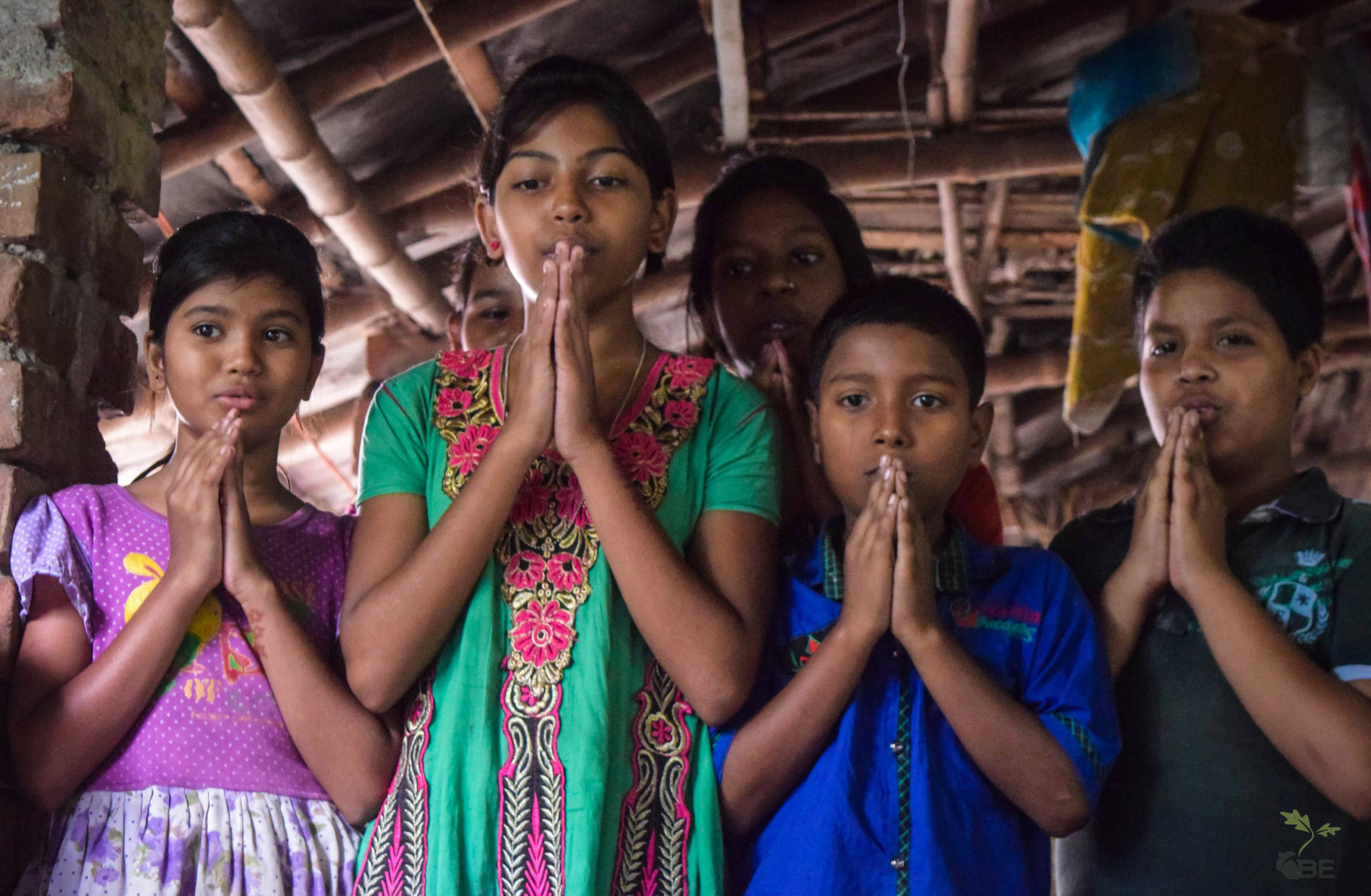
Gracefully, hands come together at the chest. Honorably, the head bows. Sincerely, one word—Namaste—greets me. Suddenly, I am no longer a stranger. Instead, I am a friend. I am family. I am loved.
I had the incredible opportunity to travel to India with the non-profit organization Youth Making a Difference (YMAD) to render humanitarian service. We worked in the schools around Kolkata to teach the children the English language, to educate and provide hygiene and birthing kits, and to bring hope to the children and their families.
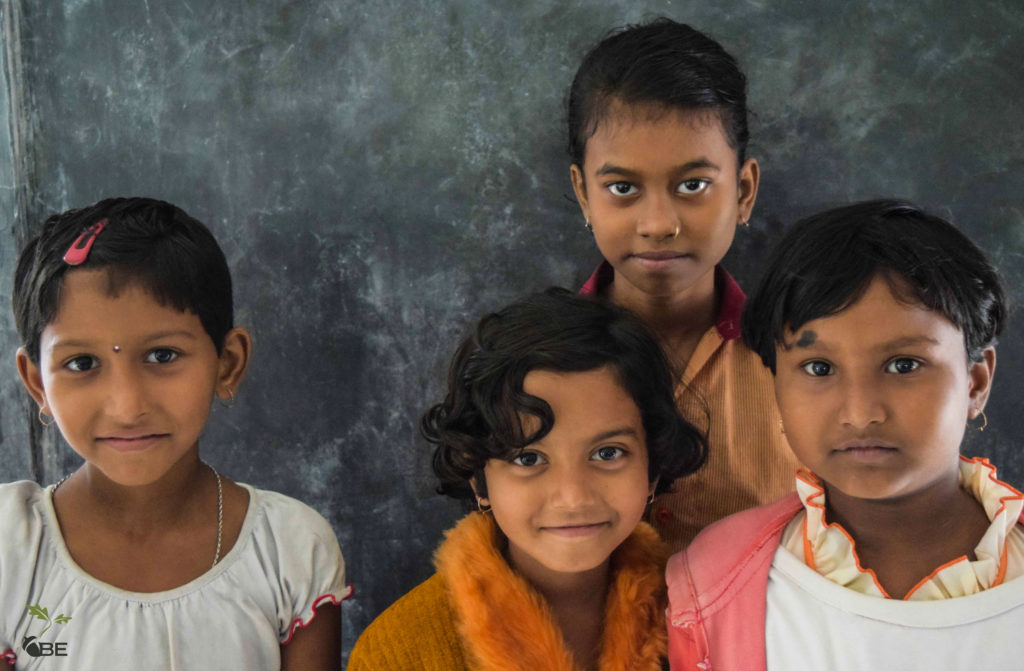
However, I became the student. By their examples of everyday living, they taught me, they nurtured me, and they opened my eyes to recognize the beautiful life that I have and the beautiful life they have.
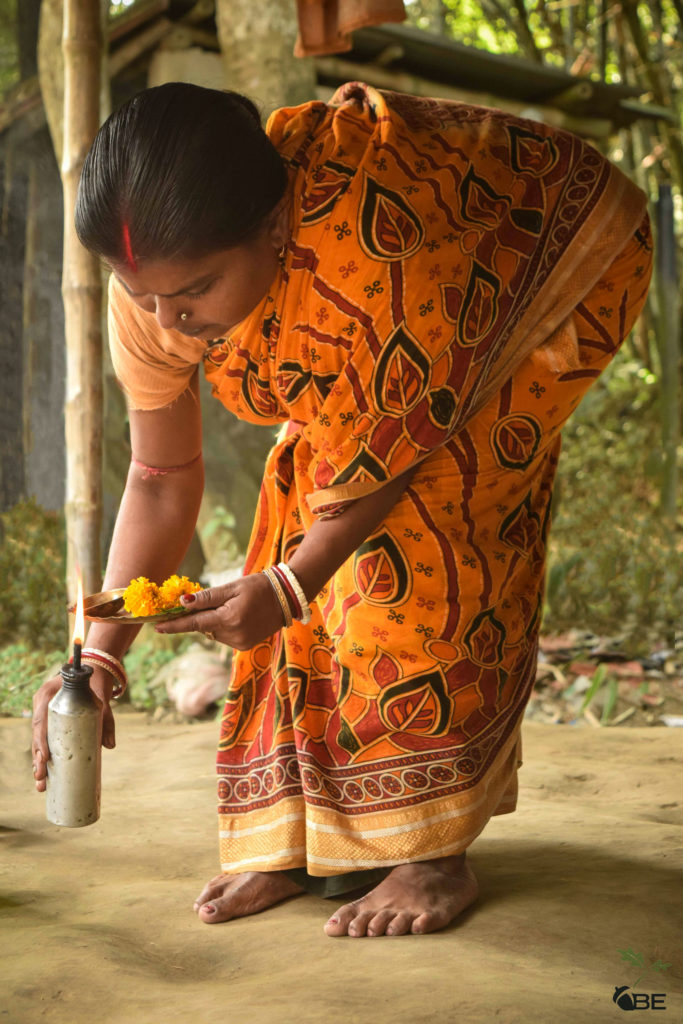
The culture and philosophy in West Bengal, where I served, is predominantly Hindu. Their religion primarily teaches that all human beings and their spirits are interconnected because all are connected to the divine source of life and light. Therefore, they see every person, no matter the color of their eyes or hair or skin, no matter their birthplace or religion, no matter their station in life, as being a unique individual to be loved and respected. When we look at others, we see their talents and characteristics; and yet, we also peer into a mirror that reflects our own soul. At that moment, we can understand that we are united. And I learned that the ancient word, Namaste, literally signifies that in humbly bowing, one honors the divine, the truth, the light, the goodness, and the beautiful in another.
Comprehending this endearing greeting, I began to see how the people live a Namaste life. Namaste is every day, every person, every moment. It is looking for what betters us individually so that we might more fully serve and love others—not for self-promotion or self-aggrandizement. It is a pureness in our thoughts, words, and actions to give our whole hearts with all integrity, compassion, kindness, and generosity that we may both depart from each other better human beings than before we met.
As we stepped into Nishtha, which would be my home during my stay in India, the women bowed their heads to welcome us. This one simple action, which acknowledged each of us, vulnerably inviting us, as strangers they had never met, into their home, became a singularly powerful moment of love between two very different cultures and ways of living. At the same moment, the women of Nishtha erased all differences with their kindness.
How could they find the source of goodness, these women, elderly and young, who had suffered a lifetime of abuse and degradation? How could they openly trust us? And yet, they loved us immediately and without guile. They welcomed us with a blessing of friendship.
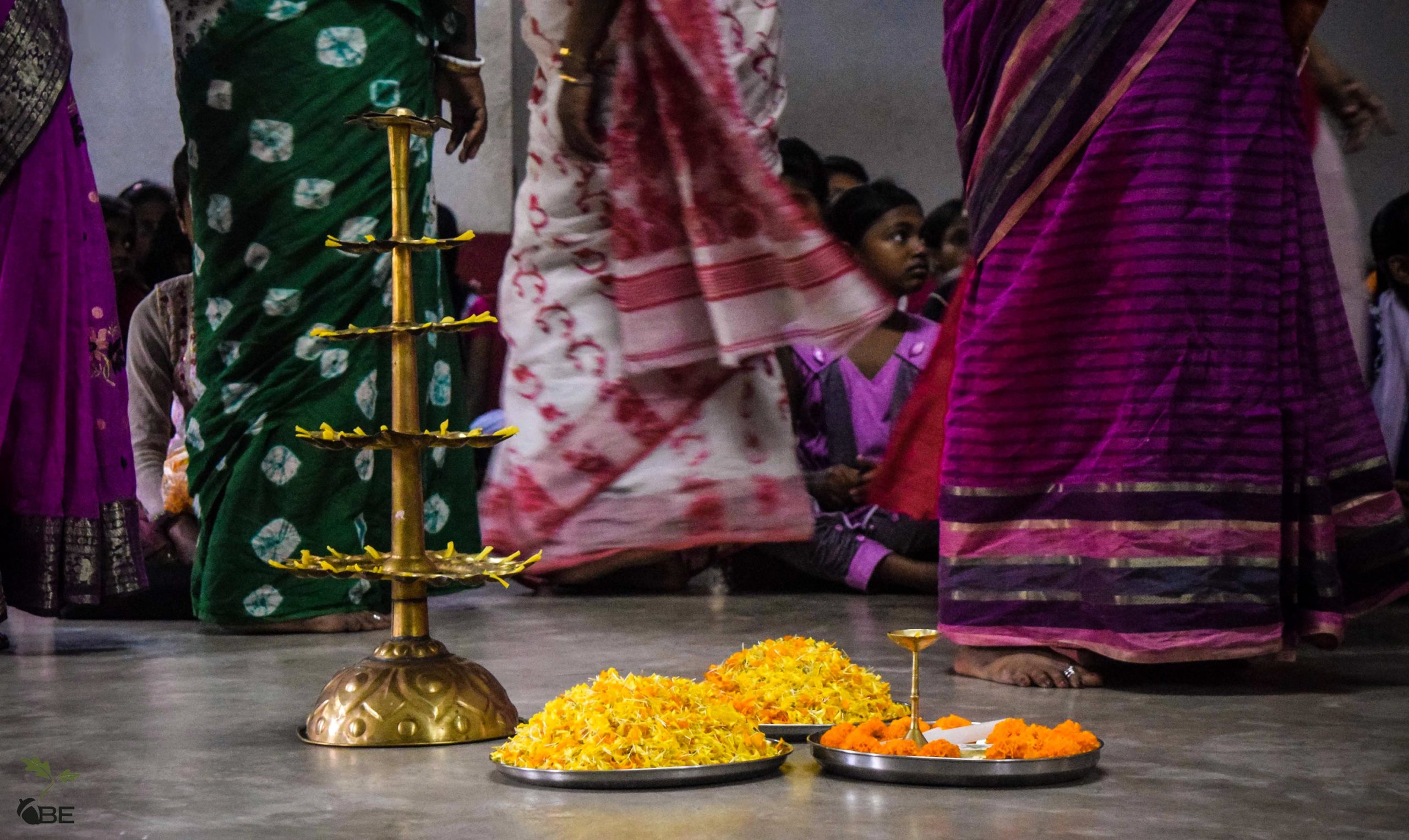
As they lit the candles and chanted in a language we couldn’t comprehend, they reminded and taught us that it wasn’t just light emanating from the flames. It was a prayer. It was a hope that we might find Nishtha to be our second home and that the women and children there might be our cherished brothers and sisters.
Moreover, as we visited the villages, each of the families received us with open arms and exposed hearts. At each home, we received a blessing and were showered with grasses, seeds, and flowers. They dotted our foreheads with a tikli mark made from paste and offered a beautiful, silent prayer on our behalf. Each mother expressed a fullness of gratitude and love toward us and our endeavors there. They gifted us with more than they possessed. Then, they brought their hands together and bowed, my misty eyes falling upon the tops of their heads in wonderment at their grace and humility. Namaste, they uttered—welcome. We love you. We honor you. We are grateful for you. We pray for you.
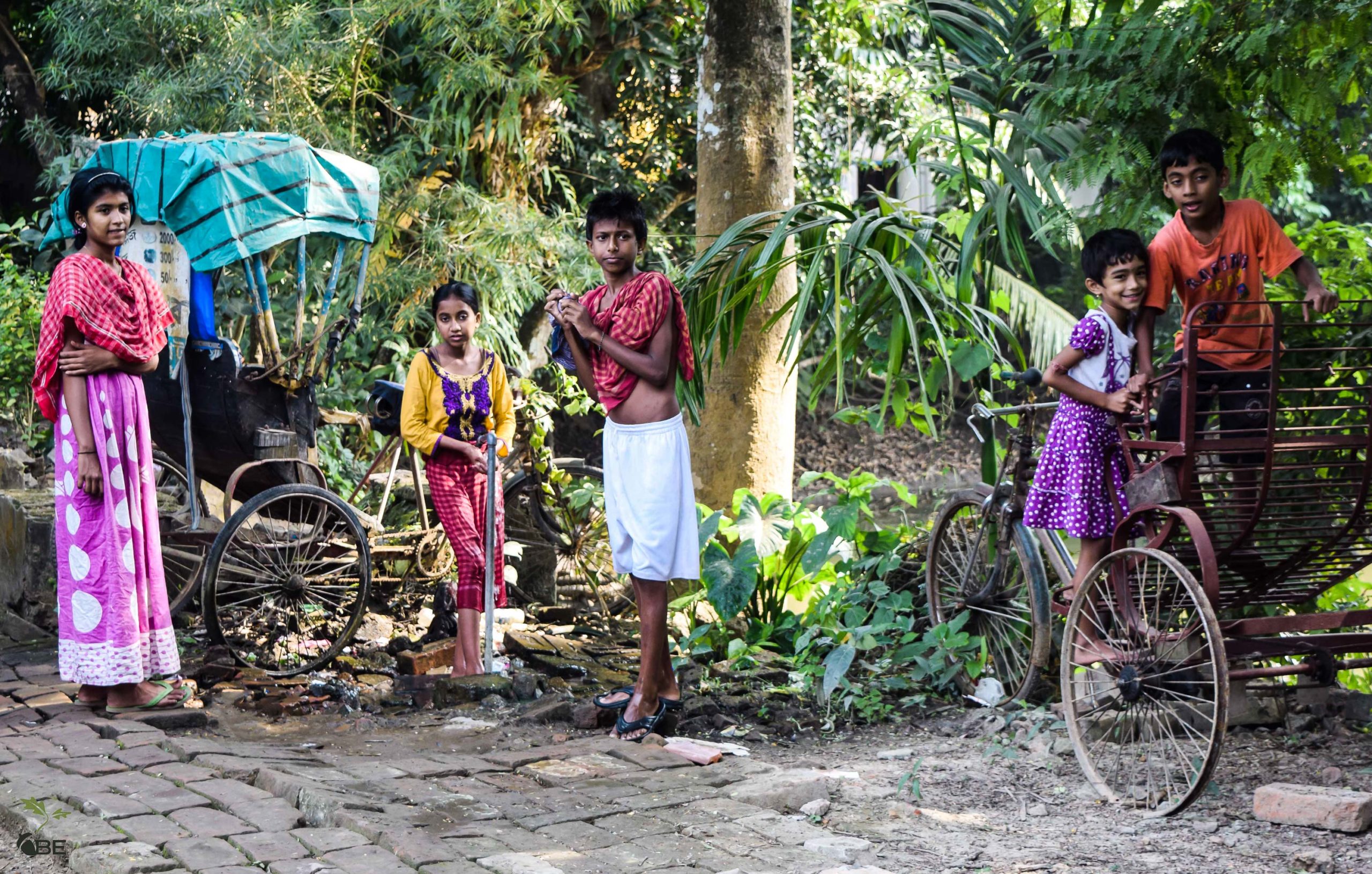
Every gesture, every interaction, every moment where eyes met, love, compassion, gratitude, and forgiveness expressed itself freely. I could not understand their language, and they struggled to comprehend mine; however, we communicated without words. We communicated through the translating power of love.
We must remember that everything we do, all of our body movements, our speech, our intentions, mean something. Whether or not it is a positive meaning lies in our power to determine. Do we seek to leave every individual better than we found them? Do they walk away feeling the divine we bring to them but also the divine that awakens in themselves? I would entreat us all to make our thoughts, our feelings, our words, and our actions welcoming and inclusive. Let us all remember that every human being bears a divine light within, and that light, illuminated through compassion and kindness, serves to illuminate others until all the world may shine with unity and love.
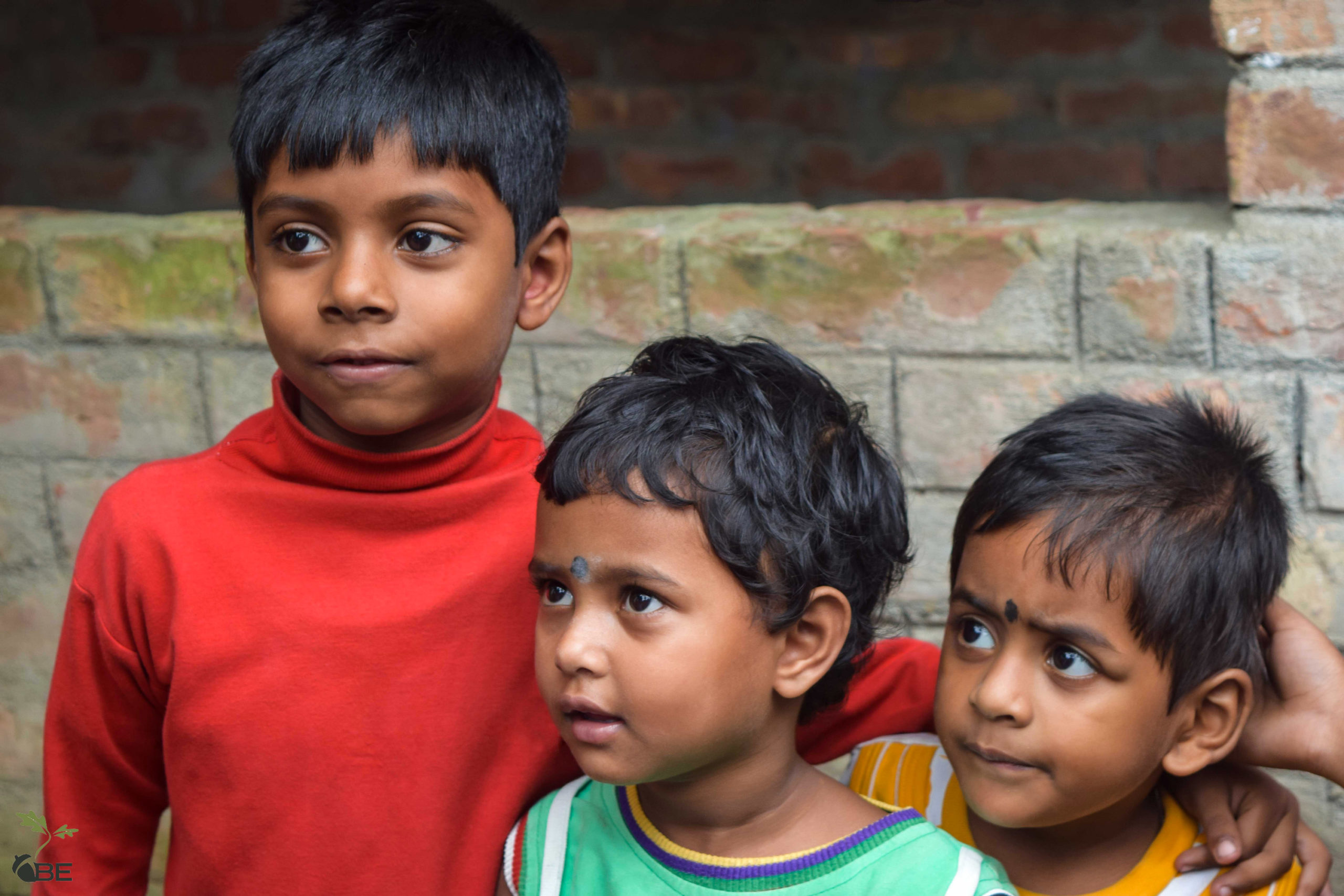
Let us nurture the beautiful spirit in each other.
Namaste.
Brontë E. Mock
![]()
©Be the Beautiful Life All Rights Reserved

